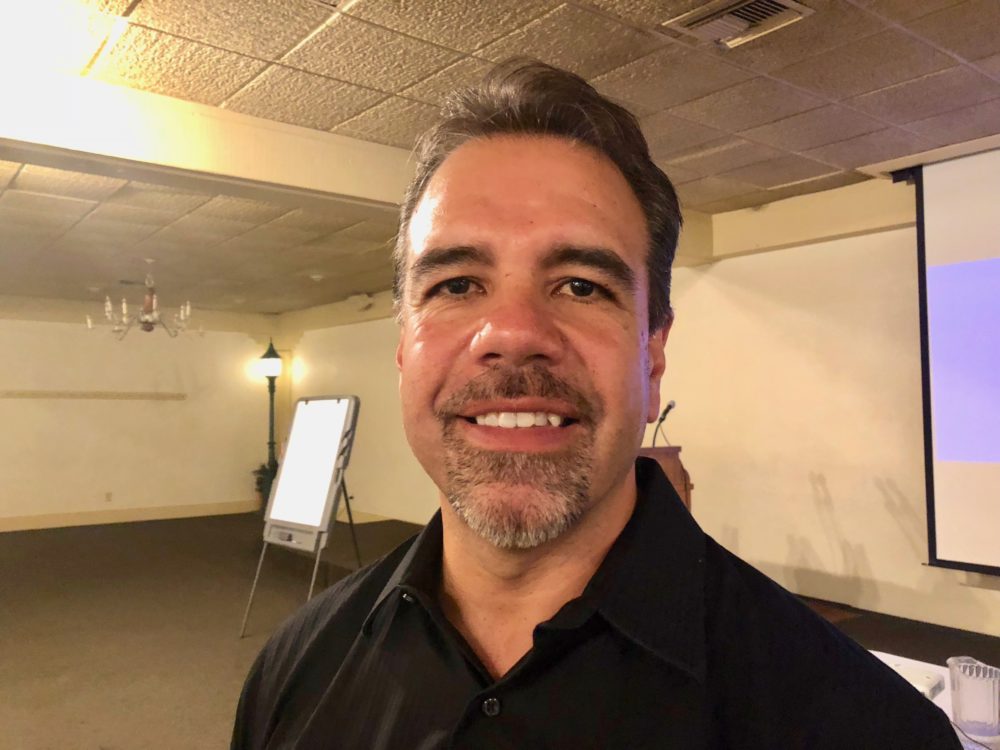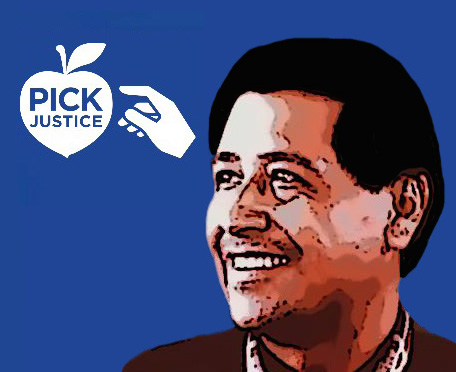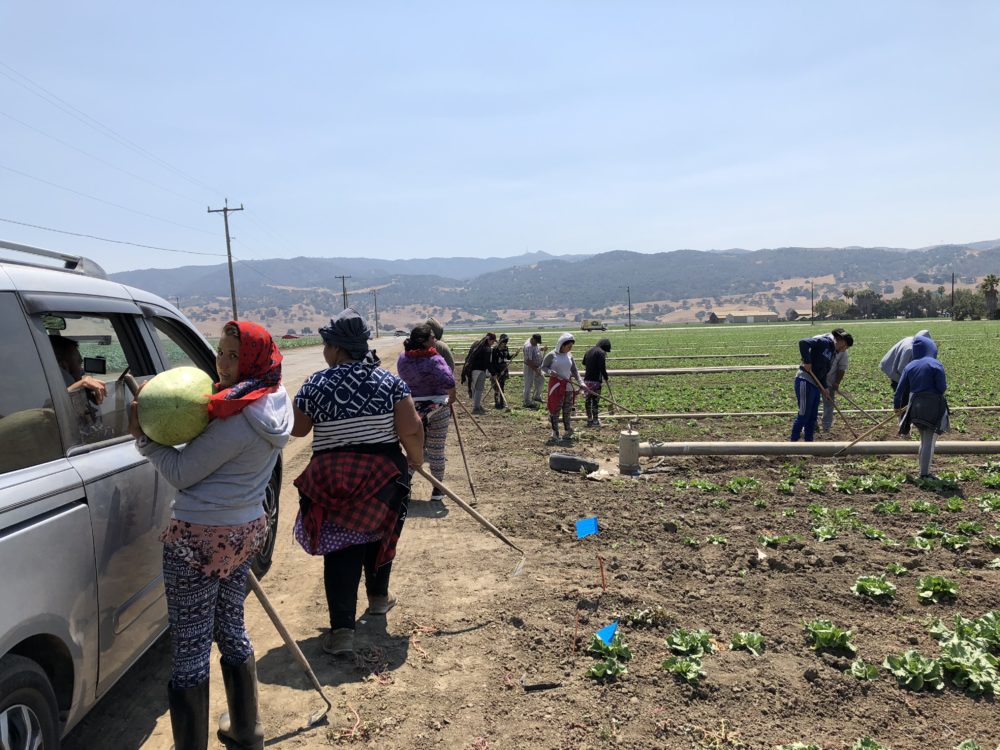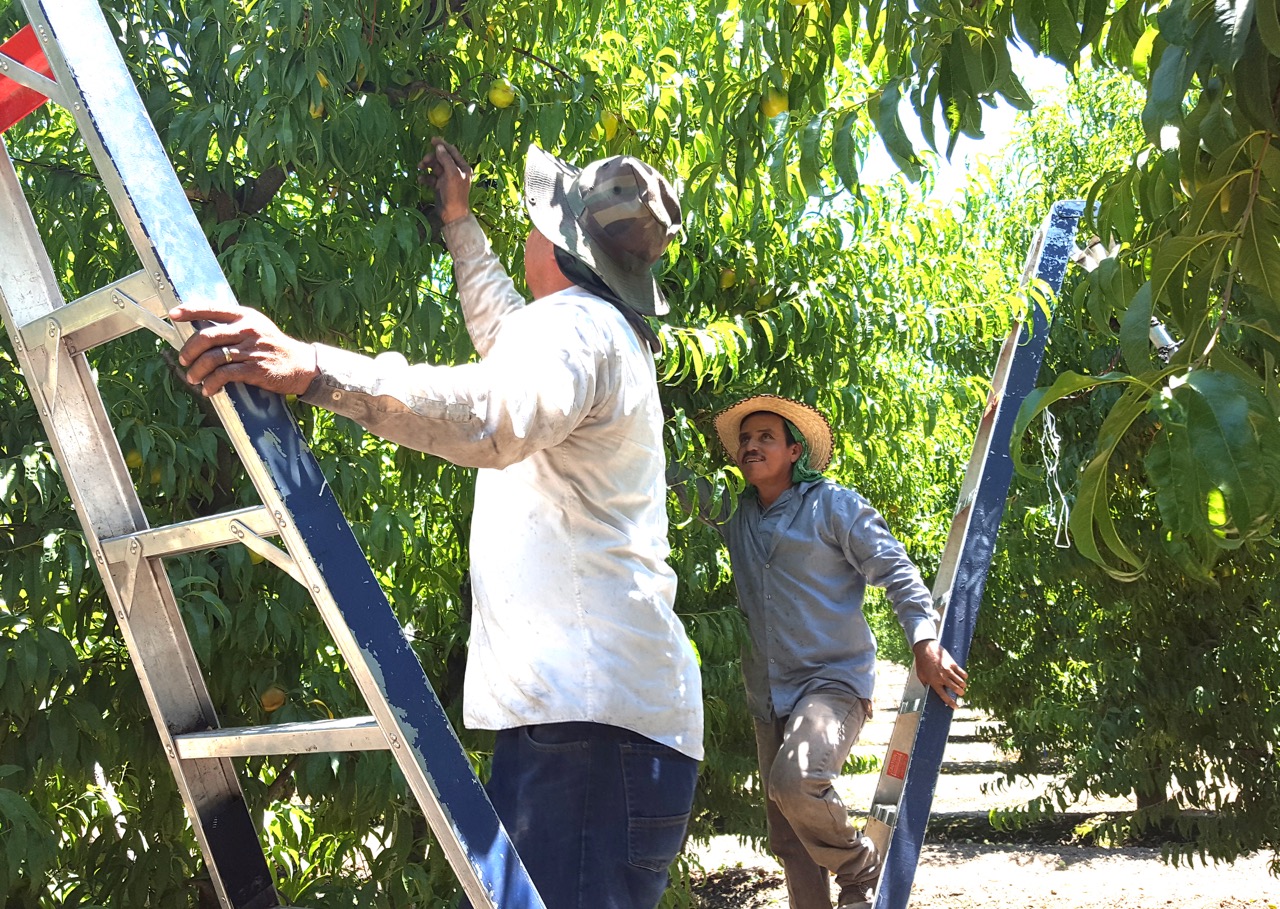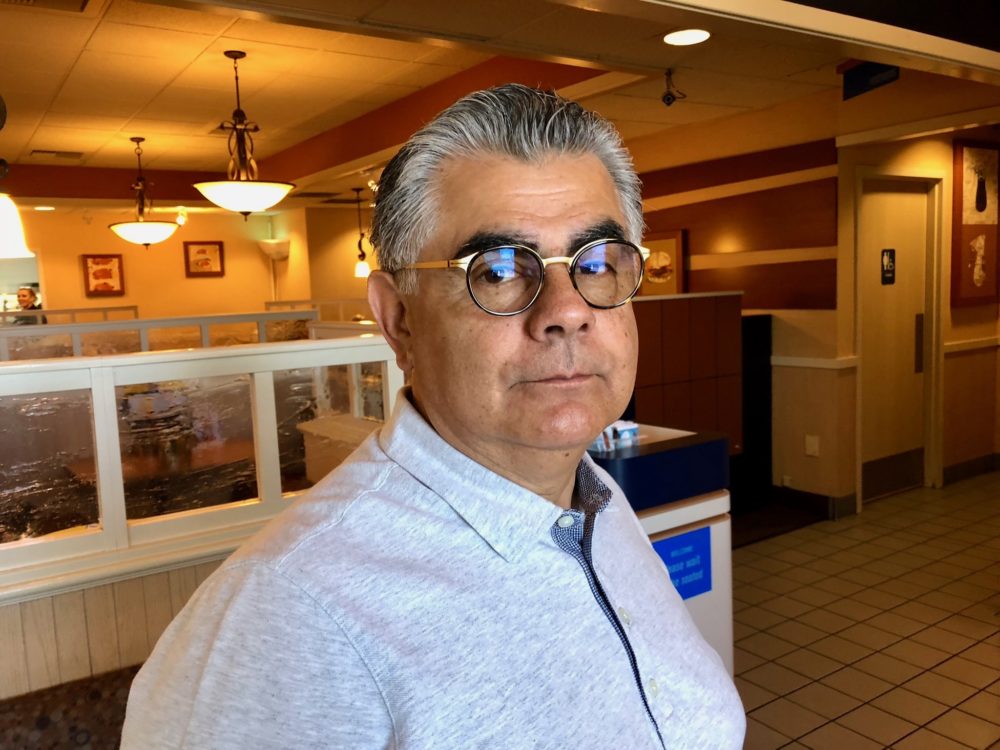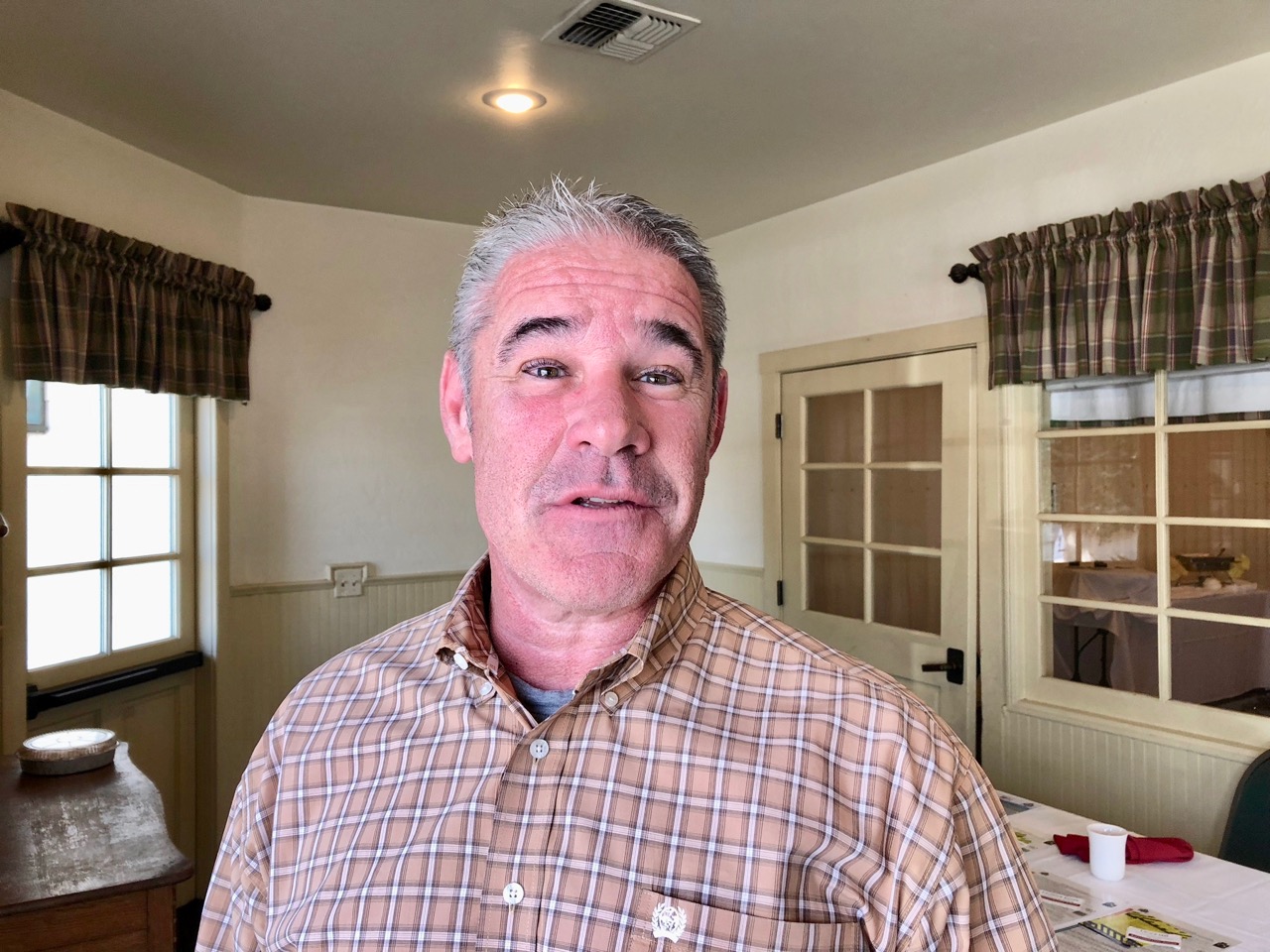California Fresh Fruit Association Reacts to the Signing of AB 2183
The California Fresh Fruit Association (CFFA) is disappointed in Governor Newsom for
signing AB 2183 (Stone), card check legislation that will strip agricultural employees of their right to
an impartial secret ballot election and employers of their due process rights when they challenge
alleged violations.
President Ian LeMay stated, “On behalf of the Association, we express our disappointment with the
signing of AB 2183 today. Since the veto of AB 616, a similar card check bill last year, there has been
zero engagement with the agricultural industry from Governor Newsom and his administration to find
a solution that best serves California farm employees. AB 2183 will not only eviscerate an employee’s
previously sacred right to a secret ballot in a unionization election. It will also erode the property
ownership and First Amendment rights of agricultural businesses across California. CFFA is also
concerned with the idea of a legislative ‘fix’to the issues in AB 2183 being drafted behind closed doors
with no opportunity for input by all stakeholders. If this is any example of how this bill will be
implemented, agricultural employees throughout California will have no say in their future. Today is
a sad day for California agriculture and California farmworkers.”
LeMay continued, “While the proponents of AB 2183 purported the focus of this bill is on “vote-by-mail balloting” for agricultural employees, it is not. Rather, the only beneficiary of AB 2183’s passage is a specific interested party looking to bolster their diminishing relevance. CFFA is disappointed that Governor Newsom succumbed to pressure from leaders in Washington, D.C. that voiced support for AB 2183. Their opinion on this issue was unwelcomed and should have had no bearing on his decision.”
Lastly, LeMay stated, “The Agricultural Labor Relations Act (ALRA) has long protected the right of
agricultural employees to a secret ballot election supervised by the ALRB, free of intimidation and
influence by any interested party. The enactment of AB 2183 takes away the right to a free and fair
election process for all farmworkers and could change how agriculture operates in California going
forward.”



